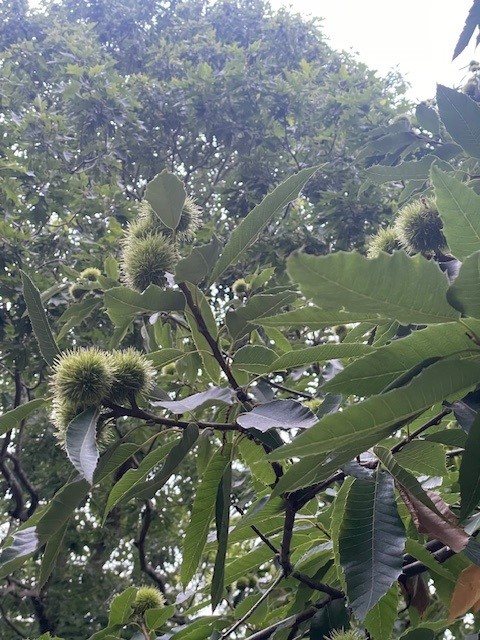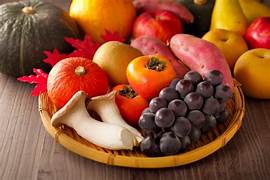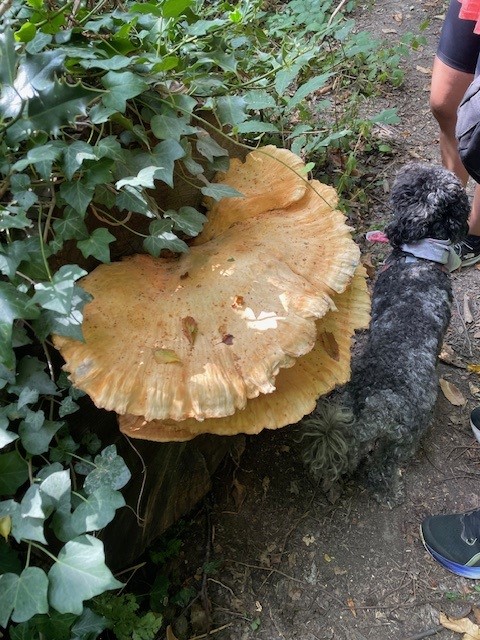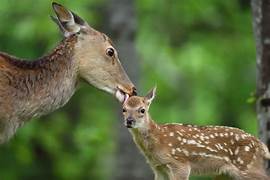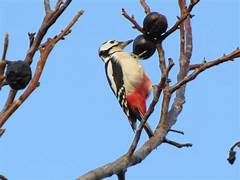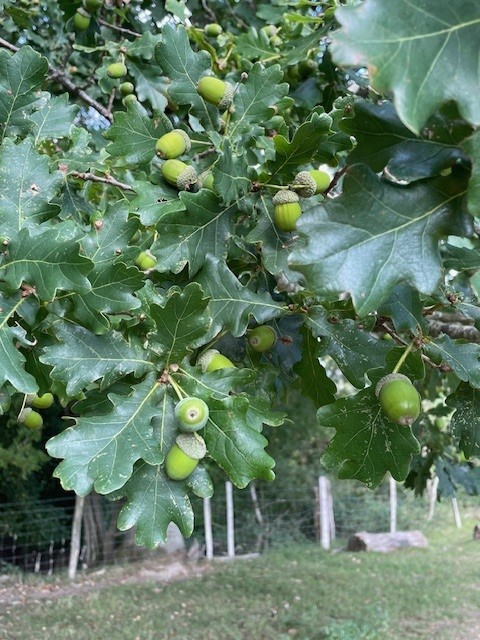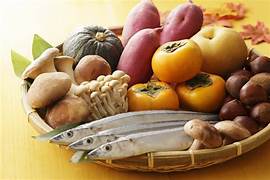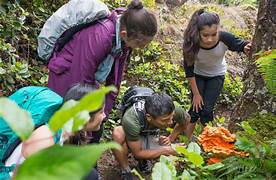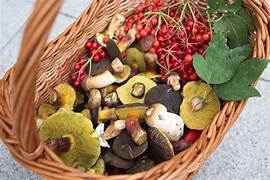By Mitsue Finch Uchida
☆ 日本語・多言語の人材紹介派遣はアクセスアポイントメントへご相談ください Access Appointments for Japanese speaking recruitment
(Please scroll below for the English version)
皆さん、秋の色が濃いイギリスの9月。いよいよ今年も終盤に入りますね。いつもこの時期はインデイアンサマーが来ないかと期待してしまうのですが、夏休みはいかがでしたでしょうか。
さて、9月の和名は「長月」、9月といえば、「〇〇の秋」といわれる季節です。 たとえば「食欲の秋」や「実りの秋」などが挙げられます。 秋は夜の時間が長く、読書や芸術をじっくりと楽しめるため、「読書の秋」や「芸術の秋」とも。 「スポーツの秋」も有名ですが、「行楽の秋」「紅葉の秋」「睡眠の秋」とゾクゾクと~秋がありますね。そして「小さい秋見つけた♪」の歌のごときご自分の「~~の秋」を今年は見つけてみてください。
日本は平和な秋の日々ですが、まだウクライナ、ロシア問題も続く中、イスラエル、パレスチナ紛争も中々解決策がないまま年数を重ねていて、罪もない子供たちや、家族を失って呆然としている姿を目の辺りにすると悲しみで心が一杯になってしまいます。一日も早く平和が訪れますように!
イギリスはというと、秋、9月頃から始まるフォレジング(Foraging)について少しお話しましょう。
フォレジング(Foraging)とは、動物たちが自然界に自生する食材を採取する行為のことで、リスの木の実探しやハチの蜜集めなども含まれ、野草摘みやキノコ狩り、海藻拾いなどの趣味と実益を兼ねた人々のアクティビティーのことを指し、自給自足とまではいかないものの、地元に自生する植物やキノコを採取して旬の味を楽しむほか、その薬効の恩恵を受けることができるとして近年人気が高まってきているようです。
個人的には数年前にキノコ狩りのForagingに参加した時、皆とても熱心にガイドさんの注意に耳を傾け、一心に葉っぱの下に隠れるキノコ、木の間から生息する茸等を見つけては一喜一憂(毒キノコもあるので)したものでした。
フォレジングの際に最も気をつけたいことが、食べられる植物ならなんでもかんでも採取して良いわけではなく、フォレジングは個人で楽しむべきもので、販売目的は禁物!一つの植物から全ての葉や実などを採取せず、自分が必要な分だけ採取するのがマナーです。
その理由として皆さんもご存じのように;
A) 繁殖のため植物が次のシーズンも成長するためには、葉や実、種などを十分に残しておき繁殖を促すようにしてやる。
B) 野生動物のため植物の葉や実を必要以上に採取することで、ほかの動物や昆虫が食べるものがなくなり、その生物の生活や繁殖にも悪影響を及ぼしてしまう。
C)植物は他の動物と相互作用して複雑な生態系を形成し、特定の植物が減少すると、それに依存している動物や昆虫にとって唯一の食料源である資源の不足で動物や人間社会にも影響があり、すべてがライフサイクルで巡り巡っている自然界なので最低限の実を採取したいものですね。
日本はまだまだ今年も秋の訪れはかなり遅くなるようですが、既にロンドンは秋の気配はですね。さあ、9月自然界に足を踏み入れてフォレジングを少しかじってみませんか。
アクセスアポイントメント一同より
*** ここでいつもの愚俳句と川柳 ***
すすきの穂 枯れることなく今もなお
リンゴの実 今年の枝は 重くたれ
秋風に 色褪せゆれる 紫陽花よ
イベントのご紹介:英国日本人会・二水会講演ご案内:
- 日時:9月10日(水) 午後8時~9時(UK時間)
- 講師:Mr 浜 哲郎(はま・ てつろう)JEM Ltd 会長
- 演題:「The Village」(帰国邦人の集い)
- 講演概要:「The Village」の趣旨と活動のご案内、次世代の日本人へ繋ぐ活動と今後の抱負について
- ご興味のある方はこちらのリンクよりお申し込みください(定員あり)
☆ Access Appointments for Japanese speaking recruitment ☆
Access Appointments Saijiki Blog for September (Nagatsuki)2025
By Mitsue Finch Uchida
September in the UK is now deep in autumn shades, and it feels as though we have truly entered the final stretch of the year. At this time of year, I always find myself hoping for an Indian summer – how was your summer holiday?
In Japan, the traditional name for September is Nagatsuki (長月), and it is often described as the season of “〇〇 no Aki” – “Autumn of …”. For example, we say “Autumn of appetite” (shokuyoku no aki), “Autumn of harvest”, or even “Autumn of reading” and “Autumn of the arts”, since the longer nights invite quiet time for books and culture. “Autumn of sport” is also well known, along with “Autumn of outings”, “Autumn of autumn leaves”, and even “Autumn of sleep”. There seem to be countless versions of autumn!
Just like in the song Chiisai Aki Mitsuketa (“I Found a Little Autumn”), why not discover your own “〇〇 no Aki” this year?
While Japan enjoys its peaceful autumn days, elsewhere the world still faces ongoing struggles. The war between Ukraine and Russia continues, and the conflict between Israel and Palestine remains without a solution. Seeing the innocent children and families devastated by loss fills me with sadness. More than anything, I hope that peace will come soon.
As for the UK, let me share a little about foraging, which begins around September each year. Foraging refers to gathering food that grows naturally in the wild – from squirrels collecting nuts and bees gathering nectar, to people picking wild herbs, mushrooms, or even seaweed. It is an activity that combines leisure with usefulness: while it doesn’t quite amount to self-sufficiency, it allows us to enjoy local, seasonal ingredients and even benefit from their medicinal qualities. In recent years, it has been growing in popularity.
A few years ago, I joined a mushroom foraging trip myself. Everyone listened intently to the guide’s instructions, eagerly searching beneath leaves or between tree trunks for hidden fungi. Each discovery brought excitement – though at times disappointment too, since some turned out to be poisonous!
Foraging Etiquette – What to Keep in Mind
When it comes to foraging, the most important point to remember is that it isn’t a free-for-all. Just because a plant is edible doesn’t mean we should take as much as we like. Foraging is meant to be enjoyed on a personal level, not for commercial gain. It is also considered good manners to pick only what you need, rather than stripping a plant bare of its leaves, fruit, or seeds.
There are good reasons for this:
A) To ensure the plant can continue to reproduce and grow again in the following season, enough leaves, fruit, and seeds should be left behind to allow natural regeneration.
B) Wild animals also depend on these plants. Over-harvesting deprives birds, insects, and other creatures of their food sources, which in turn disrupts their lives and breeding cycles.
C) Plants form part of a complex ecosystem, interacting with countless other living beings. If certain plants decline, the animals and insects that rely on them as their sole food source will suffer. Ultimately, this imbalance finds its way back to humans too, as everything in nature is interconnected in the cycle of life. For this reason, it’s best to take only the minimum you need.
In Japan, autumn still feels some way off this year, but here in London the signs of the season are already in the air. As September unfolds, why not step into nature and try a little foraging yourself?
☆ Access Appointments for Japanese speaking recruitment ☆

